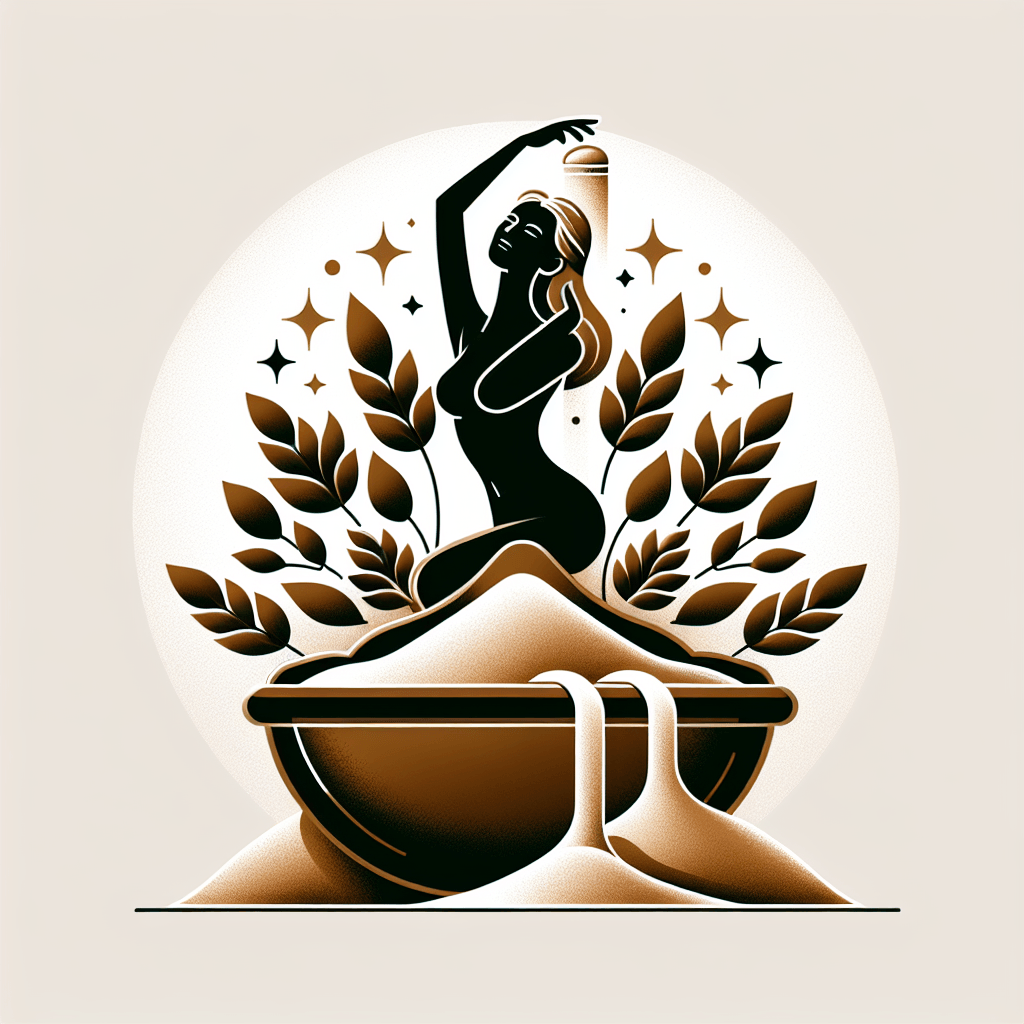Introduction:
The Mysteries of Nighttime Chills and Their Impact on Your Health
Nighttime chills are often a mystery to many of us. These involuntary shivers accompanied by cold sensations may be more than just a reaction to a cool environment; they could reveal crucial clues about your underlying health. Understanding nighttime chills is essential, as they can signal the existence of more serious health issues. In this article, we will delve deeply into the many causes of nighttime chills, their health implications, and possible solutions to better manage them.
Part 1:
Understanding the Causes of Night Tremors
Physiological Factors
Nighttime shivering can often be attributed to a variety of physiological factors. One of these is body temperature regulation. During the night, a natural drop in body temperature occurs, and any disruption can lead to shivering. Another common candidate is low blood sugar, prompting the body to shiver due to a lack of glucose. For some people, hormonal fluctuations can also trigger these symptoms. Knowing these natural triggers helps to better understand how the body works at night, and how small adjustments can make a big difference to your nighttime comfort.
To address these phenomena, the use of suitable cushions can be beneficial. Opt for a flaxseed heating pad which provides natural warmth and increased comfort, thus helping to stabilize body temperature during the night【4:3†source】.
Influence of Environmental Factors
In addition to physiological causes, the environment plays a critical role in the onset of nighttime chills. An unusually cold bedroom can naturally encourage chills. Similarly, the quality of bedding, whether sheets or blankets, has a significant impact on your thermal comfort. Air humidity can also affect the body's thermal regulation, with air that is too dry or too humid disrupting your sleep. Adapting your sleep environment is often an effective and immediately applicable solution.
Part 2:
The Health Implications of Nighttime Chills
Medical Warning Signs
Although often harmless, nighttime shaking can sometimes be a warning sign of underlying medical conditions. For example, hypothyroidism, which results from insufficient production of thyroid hormones, can cause shivering. Hypoglycemia, or sudden low blood sugar levels, can also be a factor. These conditions require proper medical attention. Detecting these signs early can not only prevent serious complications but also optimize your quality of life.
Pair these tips with the use of a back heating pad for localized, targeted heat support, which can help alleviate physical symptoms caused by medical conditions【4:13†source】.
Stress and Mental Health
Stress and anxiety are other significant factors in the occurrence of nighttime chills. They can intensify or even trigger the tremors. Chronic stress causes a hormonal response that, repeated each night, can disrupt your natural sleep cycles. These indicators may suggest a need for psychological evaluation or stress management. Techniques such as meditation or yoga can be considered to reduce stress, thus improving the quality of sleep and reducing stress-induced nighttime chills.
Part 3:
Solutions to Reduce Night Shaking
Lifestyle Adaptations
Several lifestyle adjustments can help reduce nighttime shaking. Adopting a regular sleep routine, ensuring adequate bedding for the seasons, and maintaining a comfortable room temperature are simple but powerful methods. Additionally, monitoring your diet to avoid nighttime drops in blood sugar can be beneficial. Incorporating relaxation techniques, such as meditation or yoga , can also reduce stress and, in turn, stress-related nighttime chills.
Investing in a yoga cushion can provide added comfort during these relaxation practices, providing balanced physical and mental support【4:7†source】.
When to Consult a Health Professional
Although many nighttime shivering episodes can be self-controlled, it is vital to know when to seek medical help. If shivering persists despite lifestyle adjustments or is accompanied by alarming symptoms such as unexplained weight loss or severe fatigue, it is crucial to consult a healthcare professional. A proper medical evaluation will ensure that a condition requiring specific therapeutic attention is diagnosed or ruled out.
Conclusion:
Revealing the Secrets of Your Health Through Nighttime Chills
Night chills , while often perceived as annoying, can be valuable indications of our health status. By keeping in mind the various possible causes, health implications, and available solutions, you can improve not only your quality of sleep, but also take a proactive approach to protecting your long-term health. Being aware of these signs not only improves your immediate well-being but also helps you decipher the mysteries your body is trying to communicate.
Do you have any experiences or tips to share regarding night chills? Leave your comments below and enrich the discussion!





